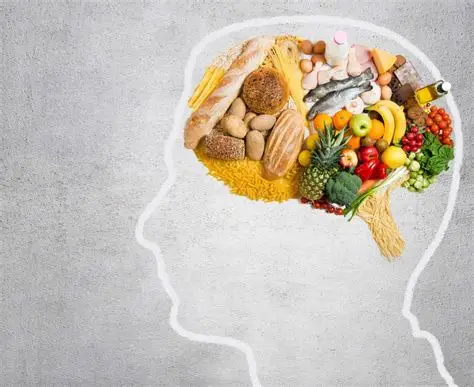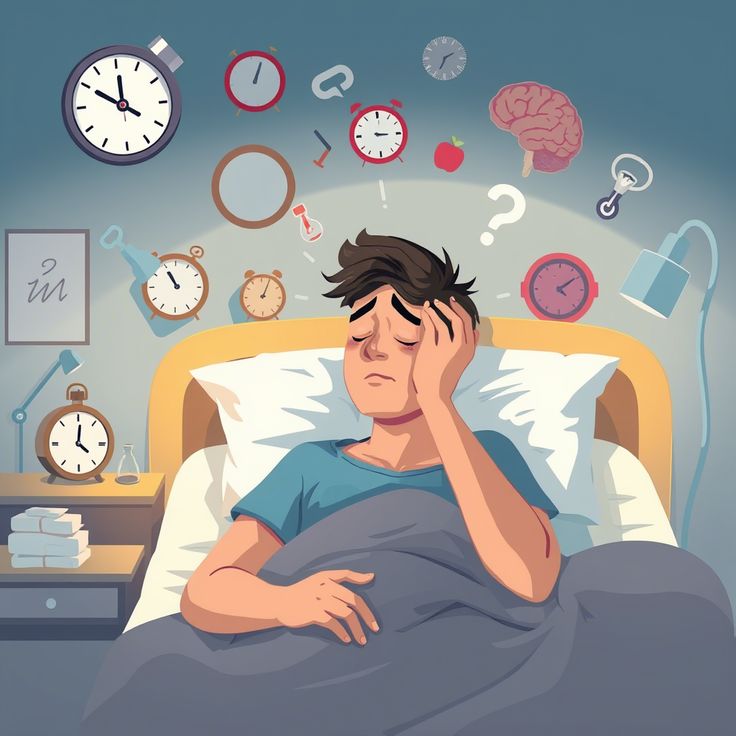Urgent Health Alert: Lead Contamination Found in Huel Protein Powder

Huel, a prominent nutritionally complete meal replacement brand, is currently addressing serious allegations regarding unsafe levels of lead in its Black Edition protein powder. A report by the US-based non-profit watchdog Consumer Reports Study claimed that Huel's Black Edition contained high levels of lead and advised against its consumption, sparking a dispute over safety thresholds and testing methodologies.
According to the Consumer Reports study, out of 23 protein powders tested, more than two-thirds contained lead levels exceeding what the watchdog considers safe for daily consumption. Specifically, the report stated that Huel's Black Edition contained over 6 micrograms of lead per serving. Consumer Reports recommends that individuals consume no more than 0.5 micrograms of lead per day, contrasting with the US Food and Drug Administration (FDA) which maintains there is no known safe level of lead exposure.
In response, William Patterson, Marketing Director at Huel UK, criticized the report for creating 'unnecessary scaremongering,' arguing that the researchers employed an 'ultra conservative threshold' for lead. Patterson expressed the company's 'extreme frustration' with the findings, asserting that 'Huel's Black Edition is completely safe and meets all UK and EU food safety standards.' He clarified that both the UK and US recipes for Huel's Black Edition are extremely similar, and independent laboratory testing consistently confirms lead levels are 'very low and well within recognised safety limits.'
The disparity in safety thresholds is central to the disagreement. While Consumer Reports sets a stringent recommendation of 0.5 micrograms of lead per day, official UK guidance states that people should not consume more than 135 micrograms per day. This UK benchmark is approximately 270 times higher than California's Proposition 65 standard, which was referenced in the Consumer Reports' analysis. The EU benchmark is even higher, at no more than 270 micrograms of lead a day. Huel's Black Edition, designed for those seeking around 40g of protein per meal with fewer carbohydrates, is sold in both the UK and the US.
Providing broader context, Patterson explained that Huel's products are 'no different from everyday meals' concerning trace minerals. He noted that lead occurs naturally in crops as plants absorb it from the soil. For instance, a meal consisting of sausages, potatoes, cabbage, and carrots can contain approximately 5 micrograms of lead, and most adults typically consume between 20 and 80 micrograms of lead daily from normal foods. Pieter Cohen from Harvard Medical School commented that the Consumer Reports report highlights 'bigger problems' in the food supplement industry regarding heavy metals.
The discussion also touched upon the wider health implications of lead exposure. Lead poisoning, where the toxic metal accumulates in the brain, is a significant public health concern, with lifelong impacts considered a 'hidden' problem in the UK. Young children are particularly vulnerable due to their developing bodies and brains. High levels of lead can lead to serious health issues including iron deficiency, damage to internal organs, and seizures. Globally, lead levels in the blood have seen a decrease since lead was removed from petrol in 1999.
Ultimately, the controversy underscores the differing regulatory and advisory standards for heavy metals in food products. While Consumer Reports applies a highly cautious standard, Huel maintains its products adhere to broader, internationally accepted safety limits established by UK and EU food safety authorities, emphasizing the natural presence of trace lead in food sources.
You may also like...
Food for the Mind: How Diet Shapes Mental Health More Than We Think

What we eat affects more than our bodies, it shapes our emotions, focus, and resilience. This feature talks on how diet ...
The End of Minimalism: Why We’re Choosing Meaning Over Aesthetic

A cultural shift is redefining modern living: Minimalism is fading, and “Meaningism” is rising, a movement that values c...
Sleep Deprivation: Africa’s Most Overlooked Health Epidemic

Sleep deprivation is quietly sweeping across Africa, undermining health, productivity and well-being. Different lifesty...
The Next Big Discovery Might Be Growing in Someone’s Backyard

Hidden in gardens, local farms, and village backyards across Africa and beyond, the next major scientific breakthroughs ...
The Grand Egyptian Museum: Re-Engineered History of Africa.

2002 was the genesis of a dream. Egypt opens its Grand Museum in 4days.
NanoFilter: The Tanzanian Invention Turning Dirty Water into Life

Read on how Dr. Askwar Hilonga’s NanoFilter, a Tanzanian nanotech invention, is transforming access to safe drinking w...
The Myth of the Strong African Mother

Parenting burnout is becoming an unspoken crisis among African mothers. The pressures of motherhood, cultural expectatio...
The African Dream vs. the American Dream: What Success Means to a New Generation

A new generation of Africans is redefining success, turning away from the “American Dream” toward something more local, ...

:max_bytes(150000):strip_icc()/Health-GettyImages-1133863832-ef65215716f946e7ade4c022653b05b1.jpg)

:max_bytes(150000):strip_icc()/HealthGettyImages-628111366-357ba64423df4848ba81e4c0f13e23f2.jpg)